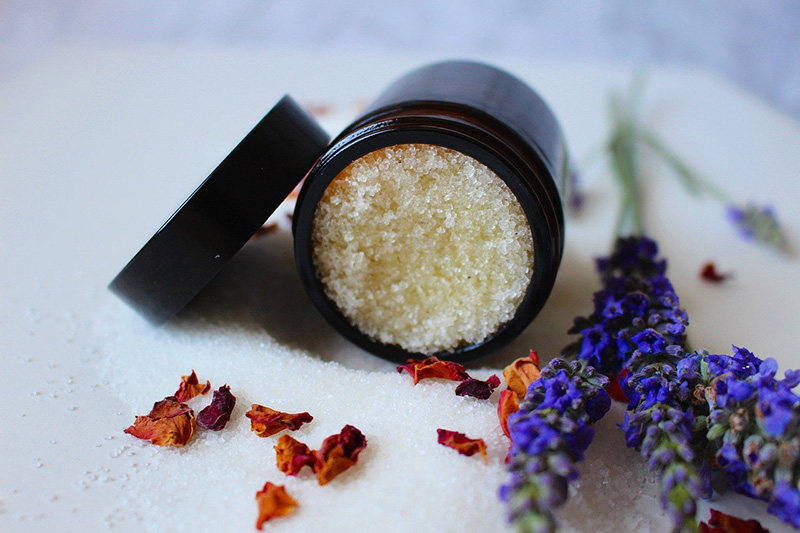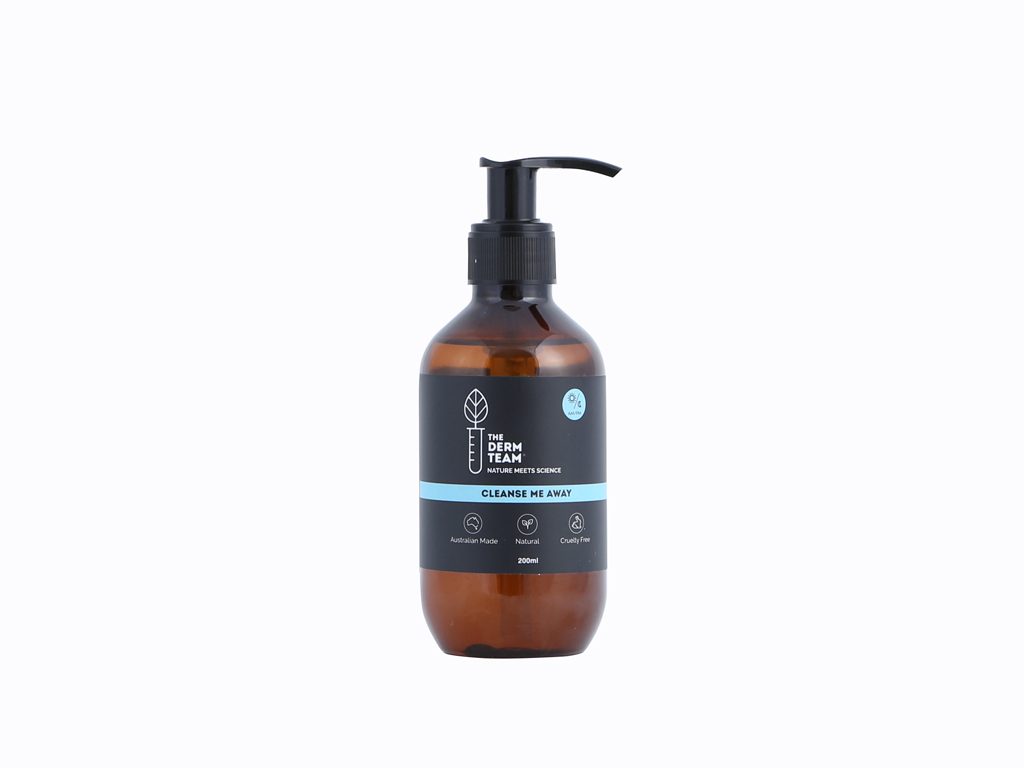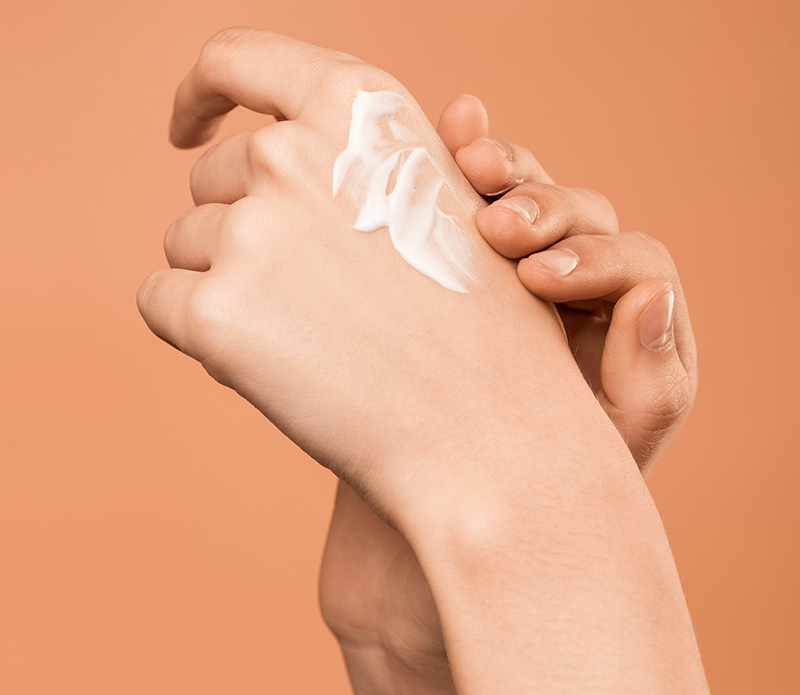So, you’re in search of beautiful, healthy skin?
It only takes a quick Google to confirm what you already suspected – for everything you think is true there are heaps of sources to confirm it – and often just as many saying the opposite.
You’ll notice the same thing when speaking to friends and family. Everyone has their own beliefs about what – and what not – to do when it comes to skincare.
To help you figure out the truth, we’ve created a handy guide just for you.
Check it out – skincare myths and facts exposed!
Skincare myths and facts
Myth: All natural, organic skincare products are free of chemicals
Fact: Technically it’s impossible to create a chemical-free skincare product.
This is because a chemical is anything that involves or is produced when two or more substances are combined and react somehow – which is basically how skincare products are produced.
BUT what really makes the difference is whether the product is free of synthetic chemicals. Lab creations are what you’re looking to avoid if you’re keen on natural skincare.
Added to this, the natural and vegan movement is exploding faster than you can say ‘activated almond,’ with lots of companies keen to jump on board even before truly eliminating all the nasties, so it pays to read and understand the labels.
Myth: Organic or natural skincare products are less effective than conventional skincare
Fact: This is a hot topic! You probably know at least one person sitting on either side of the fence on this one.
The truth is that natural products can be as effective as conventional skincare because it’s really the molecular structure of the ingredients that impact how well they’re absorbed and what they do afterwards. There’s an abundance of natural ingredients that have massive benefits for our skin. Even big brands acknowledge this – it only takes a look at their product descriptions to find the natural ingredients they hero.
By going straight to natural skincare, though, you skip all the extra synthetic ingredients added, some of which are known endocrine disruptors and carcinogenic. Yuck!
Myth: Natural ingredients are more likely to cause skin reactions

Fact: Both natural and conventional skincare products have the potential to cause reactions or allergies.
This is because allergies are a very individual thing. Something that irritates your skin may not have any impact at all on most other people.
The best advice if your skin is prone to reactions is to add new skincare products one at a time and monitor for irritation. Try to narrow down which ingredients are the troublemakers and steer clear of them.
Myth: Once you find a skincare range you love, you should ditch your old routine cold-turkey
Fact: This is a big no-no. Just like a massive change to your diet, a whole new skincare range could be a shock to the system.
It’s always best to start with the product your skin needs the most right now, or something you’ve just run out of. Add the new product to your existing routine and monitor your skin. Soon you’ll be ready to add the new product, until you’ve completely switched.
Another skin care myth debunked!
Myth: Natural skincare products are all vegan and organic
Fact: Not always!
Natural products are created using naturally derived ingredients like fruit and plant extracts.
Organic products are grown without the use of synthetic chemicals.
Vegan products exclude animal by-products.
If you’re looking for all these benefits, look for a brand that creates all natural and vegan skincare – like The Derm Team.
Myth: Antibacterial soap is best for my skin
Fact: Antibacterial soaps are often very harsh on your skin, so they’re not the right choice for everyday use.
In addition to leaving your skin dry and irritated, they also kill the good bacteria we all have on our skin. This creates skin imbalances, leaves the door wide open for nasties to colonise and may even contribute to antibacterial-resistant bacteria.

A nourishing gel cleanser like The Derm Team Cleanse Me Away is all you need to get that fresh, clean feeling while showing your skin some love at the same time.
Myth: Tanned skin is a sign of good health
Fact: While most people once believed this to be true, we now know a lot more about skin health. Excessive unprotected sun exposure puts you at risk of premature aging, discoloured patches and skin cancer.
Although research has shown that careful sun exposure for short periods of time can give you a post-holiday glow safely, its always best to apply a broad-spectrum sunscreen each day to protect against damage.
And what about Vitamin D, you might be wondering?
Most people get enough incidental sun along with Vitamin D-rich foods in their diets to keep their levels up. If your levels are low though, you might consider a supplement, especially during winter when light levels are naturally lower. An early morning or evening walk in gentle light can also do the trick.
Myth: You shouldn’t moisturise oily skin
Fact: Oily skin absolutely does need moisturiser!

Despite excess oil, your skin can still get dehydrated. When this happens, it will be flaky and dull along with the oiliness.
And if you starve your skin of moisture for too long, your body will go into oil-producing overdrive as it attempts to help your dehydrated skin.
Choose an oil-free moisturiser and use it after cleansing every day.
Myth: The more expensive the skincare, the better it must be
Fact: Not always!
The massive price tag might be a result of some rare and exotic ingredient making waves in the skincare world.
Often, however, the key ingredients are the same as those in more affordable brands. When this happens, the extra costs may come from celebrity endorsement fees, fancy packaging or extensive marketing campaigns or excess profiteering. In other words, nothing extra that has anything to do with your skin.
So, there you have it. We debunked some skincare myths and shared some skincare truths to help simplify skincare and get you the results you’re after.
If you have a question about a skincare myth or fact we haven’t covered, ask away in the comments section.


28 Comments